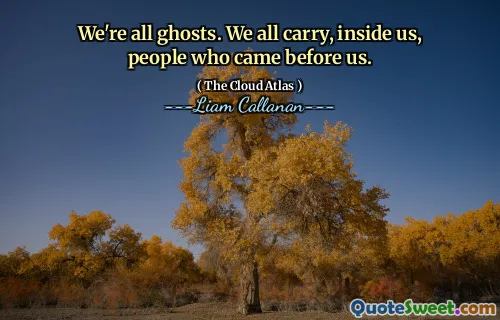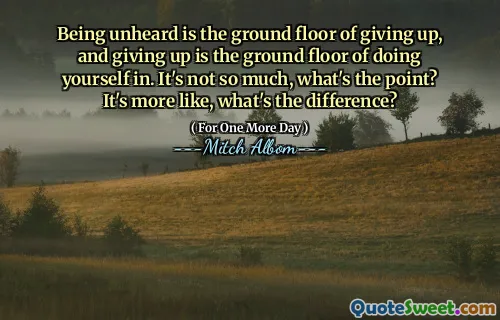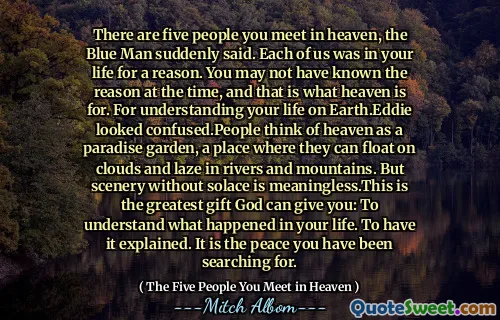The human mind is so limited it can only build an arbitrary heaven - and usually the physical comforts they endow it with are naively the kind that can be perceived as we humans perceive - nothing more. No: perhaps I will awake to find myself burning in hell. I think not. I think I will be snuffed out. Black is sleep; black is a fainting spell; and black is death, with no light, no waking.
Sylvia Plath reflects on the constraints of the human mind in her journals, suggesting that it can only envision a limited version of a perfect existence, often tied to physical comforts that are superficial. She questions the nature of life after death, contemplating the possibility of awakening in hell, though she ultimately believes that the end is simply a cessation of consciousness, akin to sleep or fainting.
This perspective on mortality reveals a profound sense of resignation toward the concept of an afterlife, leaning more toward the idea of oblivion. The interplay between light and darkness symbolizes life and death, with Plath suggesting that the finality of death is an experience devoid of any awakening or enlightenment, highlighting the complexities of human perception and existence.





